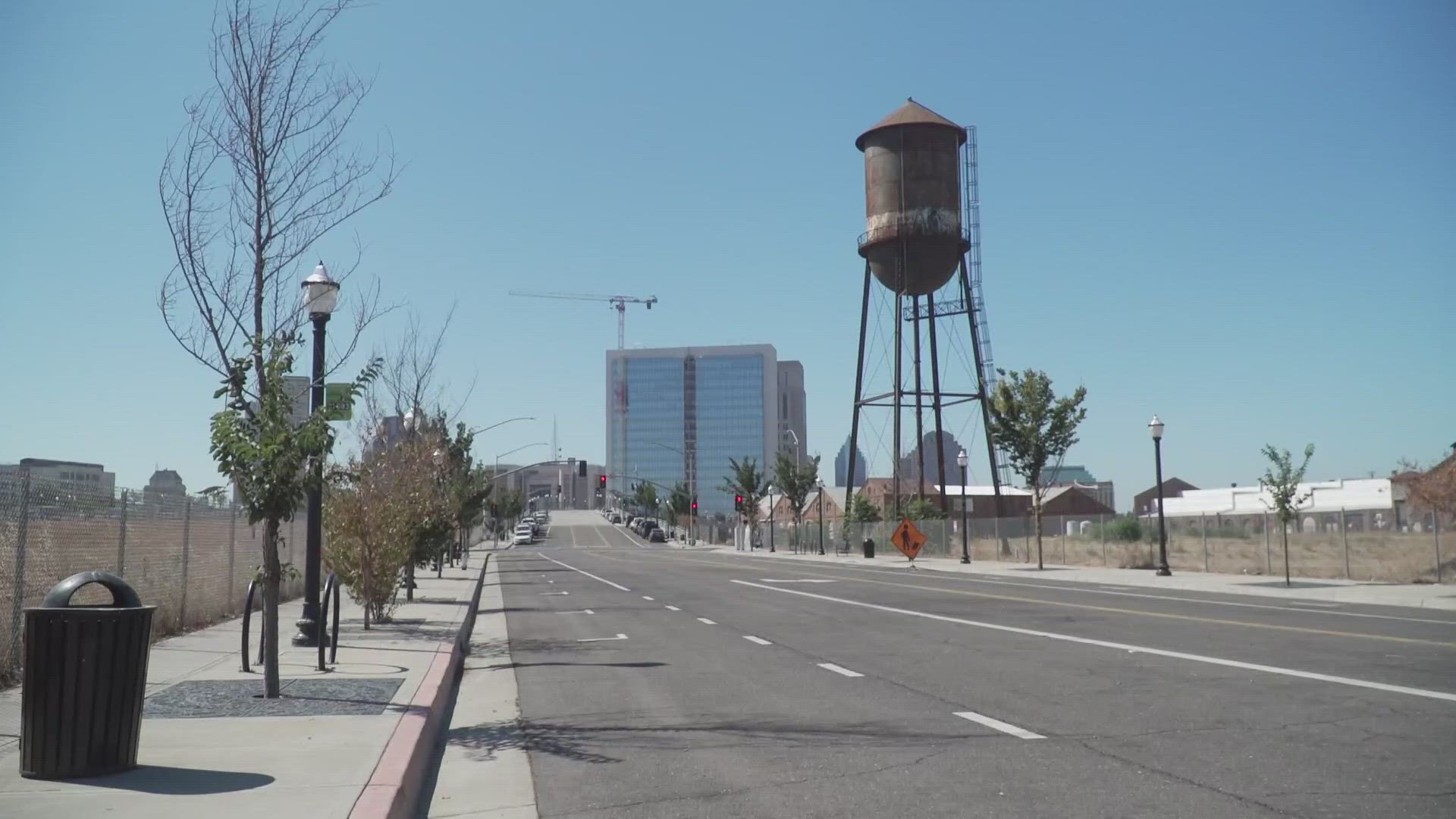CALIFORNIA, USA — It wasn't too bad of a summer season here in Northern California and really, when it comes to temperature, the entire state of California had a pretty mild summer.
Perhaps Kaitlyn Trudeau, a meteorologist with Climate Central, summed it up best: "Well, it wasn't as hot as it's been in recent years."
We had 44 days with a high temperature of at least 100° in Sacramento in 2022. Stockton wasn't far behind with 40 triple-digit days.
By comparison, Sacramento had 23 triple-digit days in 2023 and Stockton had 20.
The average number of 100°+ days in Sacramento and Stockton are 24 and 20, respectively. It means this summer was just about as average as you can get.
"You know, not every single year is hot," said Trudeau. "But we did have some hot days and that's kind of what we're seeing is not necessarily that every day is really hot, but that the extremes are getting warmer and hotter, and that those are happening more frequently."
In Sacramento, summer is 1.7 degrees warmer on average than 50 years ago. The shifting baseline is making extreme heat days more common, even in fairly average years like this one.
"But one thing that we do know is when we look at the summer's maximum temperature, the hottest day of the summer, we're seeing that that temperature is actually much more unusual," said Trudeau.
While this summer in California was about as average as it gets, that wasn't the case for just about the rest of the world.
"Nearly half the world's population experienced temperatures that were made at least three times more likely due to human-caused climate change," said Trudeau. "We're talking like 1.5 to 4.2 billion people experiencing this kind of added heat every day throughout the summer."
Even Sacramento this summer saw 22 days where climate change made the heat at least 1.5x more likely and three days where the heat was 3x more likely due to climate change.
"It's very widespread," said Trudeau. "And climate change is really boosting the heat."
The heat can have far-reaching impacts, too. Human health suffers when places stay hot for extended periods, especially overnight.
Many locations in Texas and other parts of the South set records for consecutive days in the triple digits, but the problems don't stop there.
"Our power grids are not built for the climate of today," said Trudeau. "And they sure aren't built for the climate of tomorrow. They're really built for a world that doesn't really exist anymore, and so that's really concerning because we don't have the infrastructure to support society's needs when it gets really hot. It's not something you can escape and it's something that's going to continue to be a problem as temperatures continue to rise."
WATCH ALSO:



















